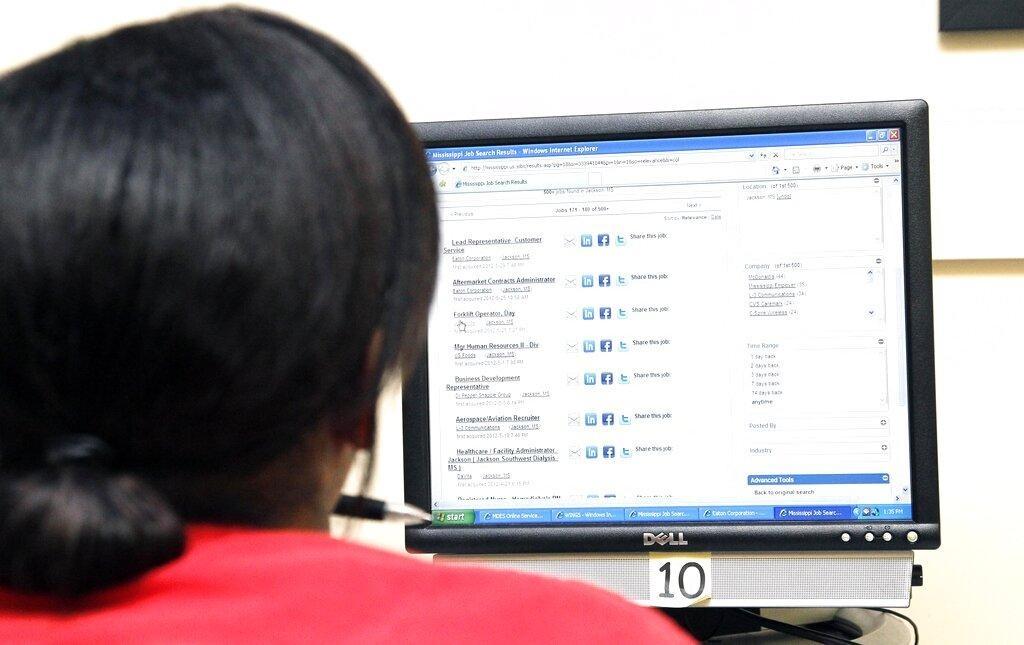Internet providers will soon get the chance to apply for federal grant money to expand accessibility to unserved parts of Mississippi.
Broadband Expansion and Accessibility of Mississippi approved for over grant over $150 million


Internet providers will soon get the chance to apply for federal grant money to expand accessibility to unserved parts of Mississippi.

Lacey Alexander
Broadband Expansion and Accessibility of Mississippi approved for $150 million grant
The Office of Broadband Expansion and Accessibility of Mississippi (BEAM) will disperse over $150 million in grant money from the Coronavirus Capital Projects fund to help expand internet service to rural parts of the state. The money will be dispersed to applicants who intend to do their part to deliver internet service to rural parts of the state. All recipients must pledge to match a certain percentage of their award based on their project.
Sally Doty, the executive director of BEAM, says this grant program will hopefully resolve some of the biggest reasons certain areas remain underserved.
“They are more rural, they are in less dense areas, where in the past, it just hasn't made financial sense for a company to invest private dollars there. So now with this federal input of capital, it makes it a more attractive financial case to build out some of these locations.”
According to2017 FCC data, almost 65% of people in the state have access to fixed broadband, which means around 35% don’t have access to high-speed internet.
Doty says she sees the money going to both major corporations and small businesses in the state.
Michael Callahan, the CEO of the Electric Cooperatives of Mississippi coalition, says some co-ops have already invested in these areas and haven't been fully repaid by the government. As he understands it, this new grant's money can't be used to complement certain projects already funded by the feds.
“I have mixed emotions about that. We thought we were doing the right thing,” he said. “We were deploying it out at the tail end of the pandemic when folks needed it with the hopes that when the state got its act together, this money would be available for us, and now it looks like it's not going to be there. So from the co-op perspective, it's turning out to be kind of a dud.”
BEAM anticipates initial funding determinations will be made later this year.